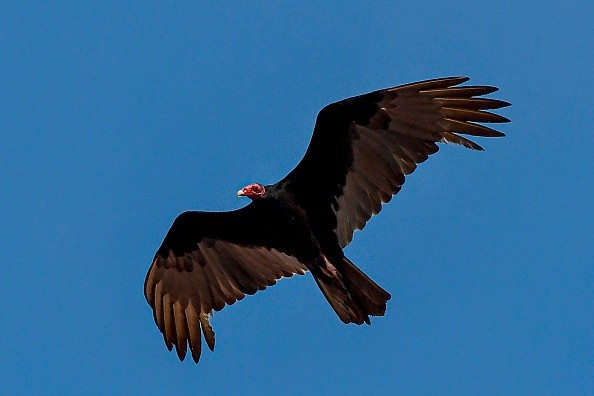Scavenging is a very important ecological process that plays an important role in circulating nutrients, stabilizing food webs, and minimizing disease transmission to humans and other species.
Vultures are one of the most important scavengers in the world. By feeding on rotting carrion that can become a breeding ground for diseases and passing them through a highly acidic digestive system that effectively eliminates pathogens, vultures play a fundamental ecological role.
Why Vultures Are Essential
Rotting carcasses can be attacked by bacteria and insects and become breeding grounds for diseases. Around the world, vultures are well equipped to be efficient cleaners of corpses.
By eating carrion, they remove carcasses and pass through a highly acidic digestive system that wipes out pathogens. Some species specialize in peeling skin and skin, while others that come last swallow bones
Despite their important role in nature, vultures have been in trouble in recent decades. They're susceptible to poisons in the carrion they eat, whether that's lead ammunition, the drug diclofenac, or poisons used against predatory animals.
And with vultures producing relatively few chicks and taking a relatively long time to mature, it's harder for them to recover from population declines.
Read more: Scavengers Leave 'Wonderfully-Shaped' Fossilized Feces Inside Fish Cranium Dated 9 Million Years Ago
Endangered Vultures Due to Rise in Wild Dogs

Researchers used face-to-face interviews and time-lapse photography to study the ecology of scavengers at six slaughterhouses in Ethiopia from 2014 to 2019.
They saw a 73% reduction in endangered Madara vultures (Gyps rueppelli) and Koshijiro vultures (G. Africanus), and endangered hooded vultures (Necrosyrtes monachus) during this period. We found a 15% reduction, according to Earth.com.
By the end of the 2019 survey period, vulture carrion consumption had decreased by 20,000 kg per year due to the declining population. At the same time, the number of wild dogs being cleaned is steadily increasing, and researchers are worried that it may lead to the outbreak of rabies.
Megan Murgatroyd, Interim Director of International Programs for HawkWatch International, said in a report in Science Daily, "Although we can't say for sure if the decline represents a population crash or if the vultures are being displaced by dogs and moving away from the abattoirs, either way, this is concerning."
The team documented the types and abundances of scavengers who visited the abattoir buffets and used this to extrapolate how much they ate.
At first, the vultures ate more than half of the undead in the landfill. White-backed vultures, Rüppell's, and hooded vultures together eat about 250 kg of dead carcass each day.
According to researchers, the increase in wild dogs appears to have occurred in India and Pakistan in the late 1990s, when vulture populations collapsed and wild dog populations surged to take advantage of inedible carrion.
In addition, it may increase the rabies rate in humans. It is not yet clear if there is a similar link between increasing wild dog populations in Ethiopia and rabies, but Ethiopia already causes about 3,000 rabies deaths annually, most of which are children.
© 2025 NatureWorldNews.com All rights reserved. Do not reproduce without permission.





